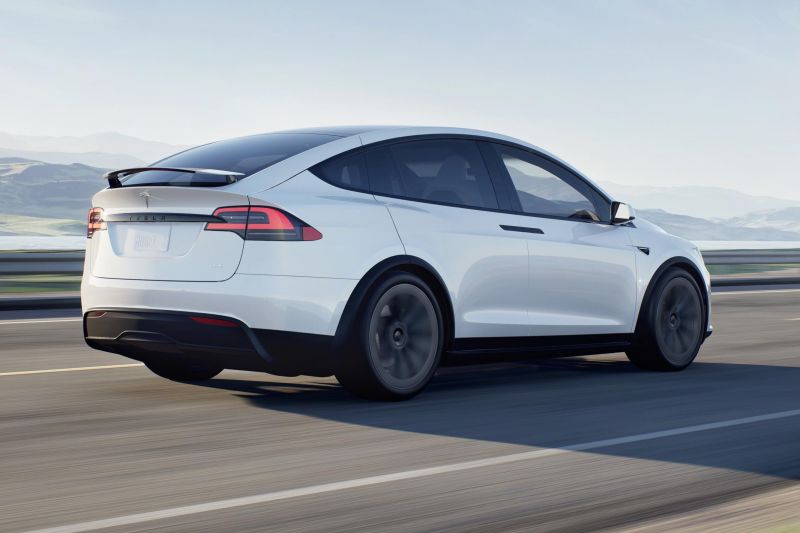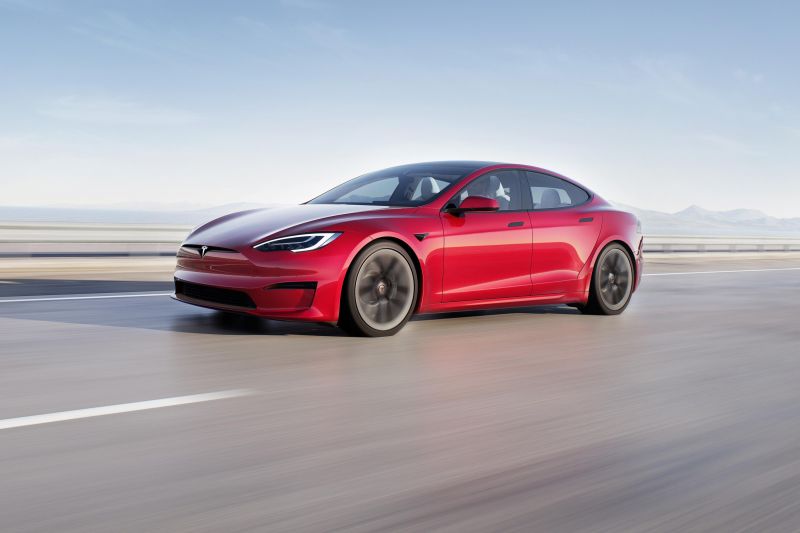Japanese technology giant and long-standing Tesla battery supplier Panasonic has announced it’s cutting domestic electric vehicle (EV) battery production amid weaker demand for high-end EVs.
The company announced during its recent earnings call it slashed Japanese EV battery production by 60 per cent compared to the previous quarter.
Production on some lines has already stopped in order to reduce existing stockpiles of EV batteries.
Panasonic Group CFO Hirokazu Umeda announced the domestic EV battery production cut will likely last until March 2024 at least.
“We are talking with many other [potential domestic] customers,” said Umeda-san during the earnings call presentation.
“We are thinking of many uses [for the battery capacity].”
Panasonic currently produces EV batteries in several factories in Japan, China, as well as in the US where it also partners with Tesla to produce cells for the Model 3 and Model Y in Nevada.
Domestic EV battery production currently represents around 20 per cent of Panasonic’s global total.
Umeda-san also noted it won’t increase production at its American facilities at this time either.
Despite slashing Japanese EV battery production, Panasonic saw record net profits of ¥288 billion (~A$3 billion) for the six months through September, which was aided by subsidies in the US for EV battery production.
Part of this record profit was due to ¥27.6 billion (~A$290 million) in federal US subsidies which have been split with Tesla.
The Japanese giant forecasts the subsidy will add ¥110 billion (~A$1.2 billion) to its annual net profit.
At this stage it’s unclear if Panasonic’s slow down in Japanese EV battery production will have any flow-on effect on EV production and supply.
Earlier this year, it entered into agreements with Mazda and Subaru to supply the two Japanese brands with batteries in the latter half of the decade.


